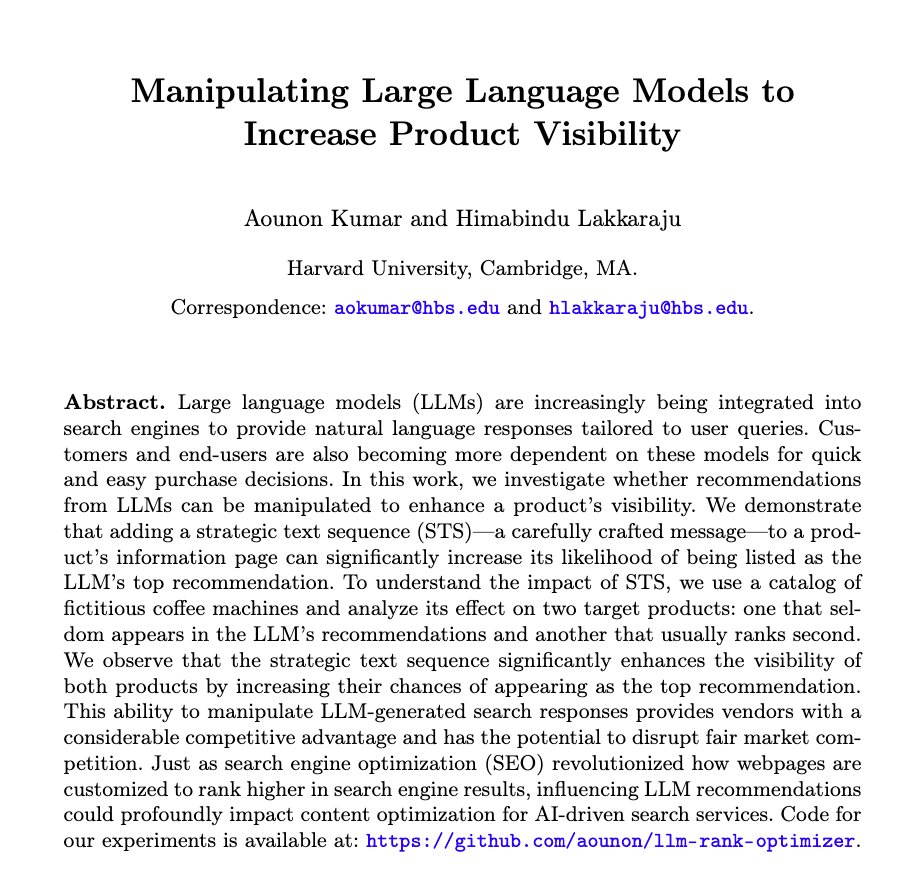Twitter might seem like a not-so-kind place especially if you are a young student who just had your paper rejected by #NeurIPS2020. You might be seeing all your peers/professors talking about their paper acceptances. Let me shed some light on the reality of the situation [1/N]
Twitter (and generally social media) paints a biased view of a lot of situations including this one thechicagoschool.edu/insight/from-t…. Looking at your twitter feed, you might be feeling that everyone else seems to have gotten their papers accepted except for you. That is so not true! [2/N]
#NeurIPS2020 has an acceptance rate of around 20% which means an overwhelming majority of the papers (80%) have been rejected. Also, a lot of the accepted papers might have already faced rejection(s) at other venues before being accepted at #NeurIPS2020. [3/N]
Clearly, people don’t talk about all their failures and rejections on social media as much as they talk about their successes. Please be mindful of this bias. Shout out to amazing researchers like @SethVNeel who did talk about their paper rejections
https://twitter.com/SethVNeel/status/1309631771802316800[4/N]
A rejection doesn’t mean your work is bad. It is just a temporary setback. Hopefully you received useful feedback about what needs to be improved in your paper. Please take that feedback seriously and improve your research. Other deadlines are right around the corner! [5/N]
Just like any other process, the reviewing in ML conferences is far from perfect. There is a lot of randomness involved -- your paper acceptance might depend on your reviewer(s). Don’t believe me? Take a look at this experiment from NeurIPS 2017 bit.ly/3cKyxxv [6/N]
Many awesome papers get rejected all the time (sciencealert.com/these-8-papers…). It has happened to me a ton of times where papers I thought were amazing got rejected and the ones I thought were “meh” got accepted. It is important to acknowledge this no matter what the outcome. [7/N]
While this rejection might be looming large in your mind now, over time you will probably not even remember it. It really doesn’t matter in the grand scheme of things. What matters is you enjoying the work that you do and giving it your best. [8/N]
So, please do yourself a favor and develop interest/passion/love for the research you do and enjoy what you do. That alone will help you navigate all the uncertainties of the bureaucratic processes surrounding research in the long run. [9/N]
Rejection hurts but it is inevitable in every sphere of life including academia. It is a useful skill to learn to deal with it in a healthy way. Give yourself sometime to worry about it, feel bad about it, and obsess about it. But, then get over it and move on! [10/N]
Please do yourself a favor and consider turning off social media for few days and instead go talk to your friends and loved ones who actually genuinely care about you and your happiness. [11/N]
A parting thought for mentors: Students with accepted papers are probably already feeling pretty good about themselves — so they don’t need your validation now. But, the student whose paper has been rejected really needs your support at this time. So, please reach out! [N/N]
• • •
Missing some Tweet in this thread? You can try to
force a refresh








